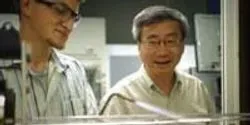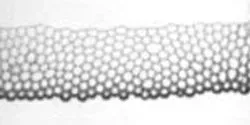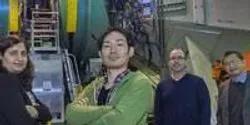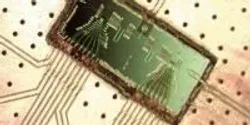Physics

University of Birmingham researchers are looking into the nature of time in a series of workshops, with the second set for later this year. Dr. Nikk Effingham explains the project in the column below, originally published on the university's website.

University of Chicago scientists have experimentally observed for the first time a phenomenon in ultracold, three-atom molecules predicted by Russian theoretical physicist Vitaly Efimov in 1970.

The central regions of many glittering galaxies, our own Milky Way included, harbor cores of impenetrable darkness—black holes with masses equivalent to millions, or even billions, of suns. What is more, these supermassive black holes and their host galaxies appear to develop together, or "co-evolve." Theory predicts that as galaxies collide and merge, growing ever more massive, so too do their dark hearts.

Just as the Navy was deploying a laser weapon to the Persian Gulf, a Clemson University researcher already was thinking about how to make it more powerful.

A collaboration between Cornell University and the Kitchen Theatre Company (KTC) has found a new way to make physics irresistible, with “Physics Fair,” an original musical theater production.

Rock soil droplets formed by heating most likely came from Stone Age house fires and not from a disastrous cosmic impact 12,900 years ago, according to new research from the University of California, Davis. The study, of soil from Syria, is the latest to discredit the controversial theory that a cosmic impact triggered the Younger Dryas cold period.














